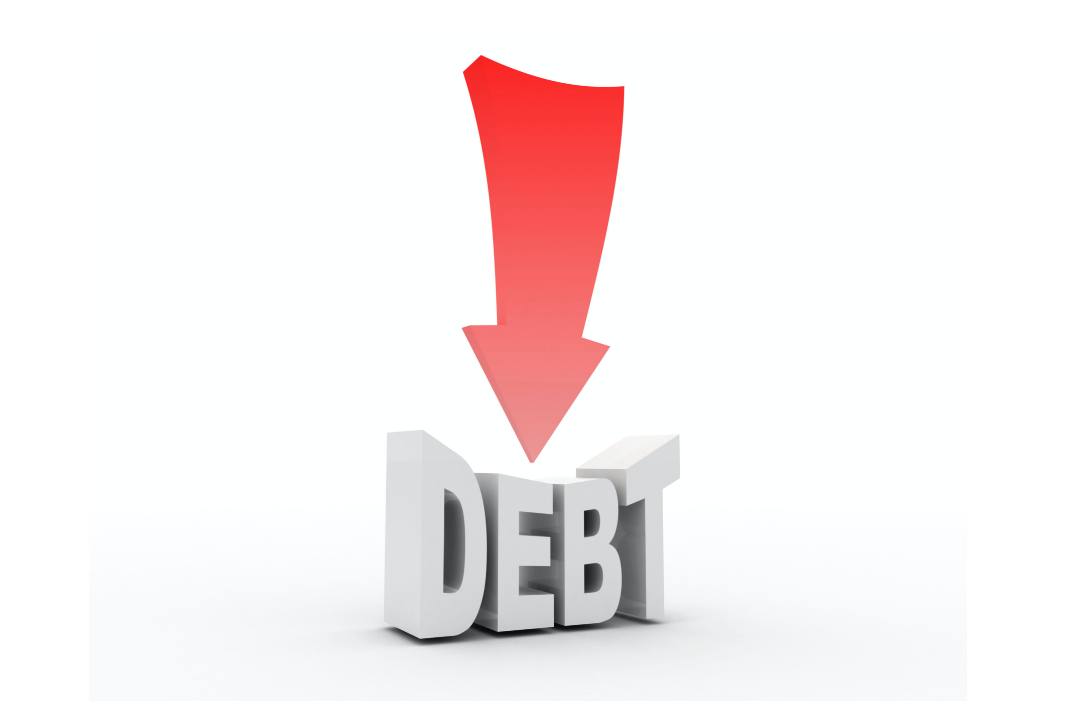One of the things that have really helped me in my role as a debt advisor, debt prevention advisor and especially a repossession company director, is that I genuinely understand debtors, debt collector avoidance and general debtor behaviour in a way that few in my industry do.
The reason comes not from in-depth analysis or my 15 years’ experience on the frontline of collections.
Why I understand debtors – and particularly habitual debtors – is because for years before my foray into credit management I was one. When I say I was one I don’t mean that I had the odd bill that went a bit overdue. I was a proper phone call screening, constantly moving, habitual credit vampire with a -192 Equifax credit score and every major credit control company in New Zealand chasing me.
I calculate that before my personal credit revelation I was around $200,000 in debt and weeks if not days away from bankruptcy.
Using the methods that I outline below, I was able to not only reduce my indebtedness to zero and restore my credit score to an optimal one, I was able to implement rules and strategies that will ensure I never fall into the debt trap ever again.
Domino Strategy
This strategy was taught to me years ago by a property developer who was able to trade his way out of $1million debt amassed through a development that went horrendously pear-shaped.
How it works is: let’s say you have 10 creditors that you owe $1000 to and you have $1200 per month available to pay.
You contact each one and after outlining your situation (honesty is vital) you commit to paying $100 to each per month for 10 months, which they accept in writing (making it binding on both parties and preventing collection action).
With the remaining $200 you pay an additional $200 per month on the oldest debt allowing you to pay this off three times faster. Once this debt is cleared in full, you then add the $300 available to the $100 you are paying on the second oldest debt, allowing this to be paid four times faster, and so on until all debts are cleared.
This strategy has three outcomes, it clears your debt, avoids credit defaults on your credit file and also helps restore your credit reputation as the creditors expect it to take 10 months to be paid and are all pleasantly surprised.
Without fail, all of my current 9000 clients would accept a payment plan with certainty, rather than a hope of eventual payment. As with everything in life, honest and early communication is key.
Avoid Debt Consolidation loans
Many finance providers market “Debt Consolidation Loans” to “ Clear” your debts.
This can sometimes this can be a good idea, providing that the debts that you have allow for early repayment without penalty. But often you can end up paying not only the interest on the new loan, but a good portion of the original debt interest and “Break” or “early repayment” fees.
These consolidation loans are marketed for their ease of use, not their reduction of costs. This is especially true if you use a broker who may have a not insignificant broker fee that is also incorporated.
Do not hide
In my experience as an investigator, there has only been one person that we could not find out of more than 600 cases. That person has never had a credit score or bank account, lives in a tent in the bush that he moved weekly, avoided town centres and any business with CCTV, and had no digital footprint.
My point is that, unless you live like this person, you will be found. Hiding just makes your debt larger (tracing and investigation fees can often legally be added to your account).
“If Covid-19 has taught us nothing else, it has driven home the importance of budgeting. There are many free services that can assist with this if isn’t your forte.”
If you cannot pay a debt make early contact and ask about options. Many finance companies have insurance that is built in to your loan that can cover unexpected job losses or sickness. Early honest contact will make the creditor much more likely to earnestly explore these options and fight on your behalf.
Insurance is vital
We have dealt with numerous people that we have had to chase for debts because of unexpected costs that would have been covered by insurance.
If your income changes talk to a good, well-recommended insurance advisor who can put in place affordable insurance to avoid these unexpected and unwelcome additions of debt.
Quit expensive habits
I would say that around 80 percent of the debtors that our company repossess cars from are cigarette smokers. What is the correlation?
The average weekly payment on these finance loans are $85-100 per week – a one pack per day smoker buying the cheapest smokes available is spending around $25 per day.
I’m no math’s genius, but those numbers do seem to be rather similar. When I was on my road to credit redemption I had to choose either my habits or my future. Stopping one paid for the other.
Keep your budgeting tight
Most of the people I have worked with who have navigated their way out of debt and stayed out of it, have a strict budget.
Remember that people with umbrellas aren’t overly affected by the rain and people that properly prepare for a budgetary deficit can also remain relatively unaffected.
If Covid-19 has taught us nothing else, it has driven home the importance of budgeting. There are many free services that can assist with this if isn’t your forte.
The above is not intended to be prescriptive, just techniques that worked for me and many others.
Just a thought.


